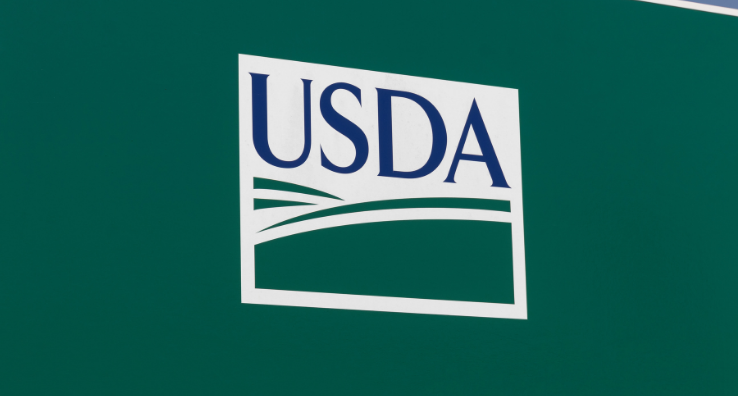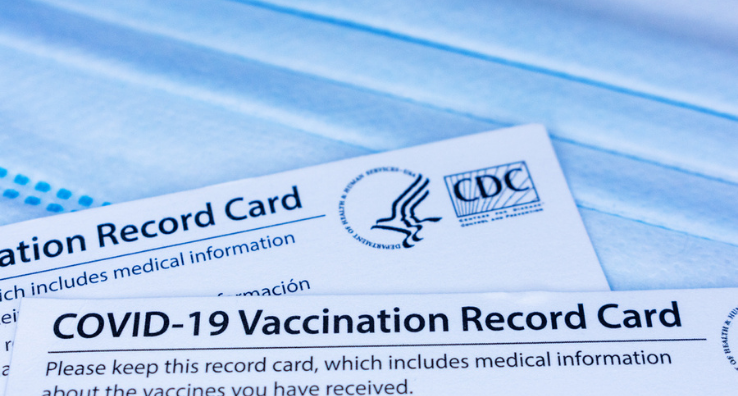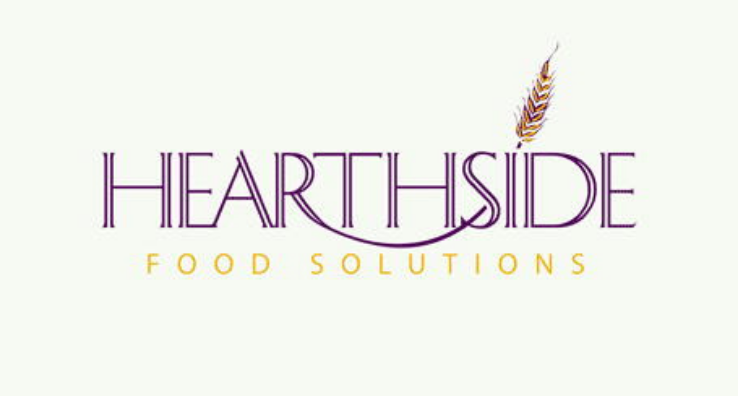USDA Undertakes New Efforts to Curb Salmonella in Poultry

Last month, the U.S. Department of Agriculture’s Food Safety and Inspection Service (FSIS) announced new and comprehensive measures designed to reduce Salmonella illnesses associated with poultry products. The agency said the new efforts are needed to help achieve its goal of reducing Salmonella illnesses by 25% in the U.S.
Even with an ongoing reduction in reported cases of Salmonella in poultry products, more than 1 million such illnesses occur annually. It’s estimated that over 23% of those illnesses are due to the consumption of chicken and turkey.
Officials say current policies are failing to move consumers closer to the agency’s public health goal, leading many to rethink the USDA’s current approach.
“Far too many consumers become ill every year from poultry contaminated by Salmonella,” said Agriculture Secretary Tom Vilsack. “We need to be constantly evolving in our efforts to prevent foodborne illness to stay one step ahead of the bad bugs. Today we’re taking action to help prevent Salmonella contamination throughout the poultry supply chain and production system to protect public health.”
The agency plans to seek stakeholder feedback on specific Salmonella control and measurement strategies, including pilot projects, in poultry slaughter and processing establishments. A key component of the new efforts involves encouraging preharvest controls to reduce Salmonella contamination coming into slaughterhouses. Data generated from the pilot programs will be used to determine if a different approach could reduce Salmonella illness in consumers.
The effort will leverage USDA’s research capabilities and strengthen FSIS’ partnership with the Research, Education and Economics (REE) mission area to address data gaps and develop new laboratory methods to guide future Salmonella policy. Meanwhile, the National Advisory Committee for Microbiological Criteria in Foods, an independent federal advisory committee, will be asked to advise on how FSIS can build on the latest science to improve its approach to Salmonella control.
Since it is not just the presence or absence of Salmonella, but the quantity of bacteria that can impact the likelihood of illness, FSIS will examine how quantification can be incorporated into this approach. With emerging science suggesting that not all Salmonella are equally likely to cause human illness, FSIS will focus on the Salmonella serotypes and the virulence factors that pose the greatest public health risk.
“Despite the drop we’ve been seeing in Salmonella cases, we know there is no silver bullet to make all food products safe,” said Jeff Chilton, Vice President of Intertek Alchemy Consulting. “Most food products have inherent microbiological and chemical risks. Food companies are responsible to assure the safety of their products and regulators are responsible to verify compliance with food safety regulatory requirements. Poultry companies must continue their diligence to implement additional antimicrobial processes or interventions throughout the supply chain including more emphasis on pre-harvest stages. USDA will continue to review and revise Salmonella performance standards that the industry must be prepared to meet to prevent enforcement actions.”
Agency officials say this initiative will require collaboration and ongoing dialogue with stakeholders — industry, consumer groups, and researchers.
Laura Dunn Nelson, Vice President of Intertek Alchemy’s Food Safety & Global Alliances said a comprehensive approach to gathering data is needed for a full picture of what’s needed to reduce Salmonella in poultry, including pre-harvest and processing data.
“I applaud Agriculture Secretary Tom Vilsack in the new efforts of the agency to seek the latest science in preventing Salmonella contamination within the poultry supply chain,” she said. “By partnering with the industry on the best practices around specific control and measurement strategies, new approaches can be shared to reduce Salmonella illnesses.”





